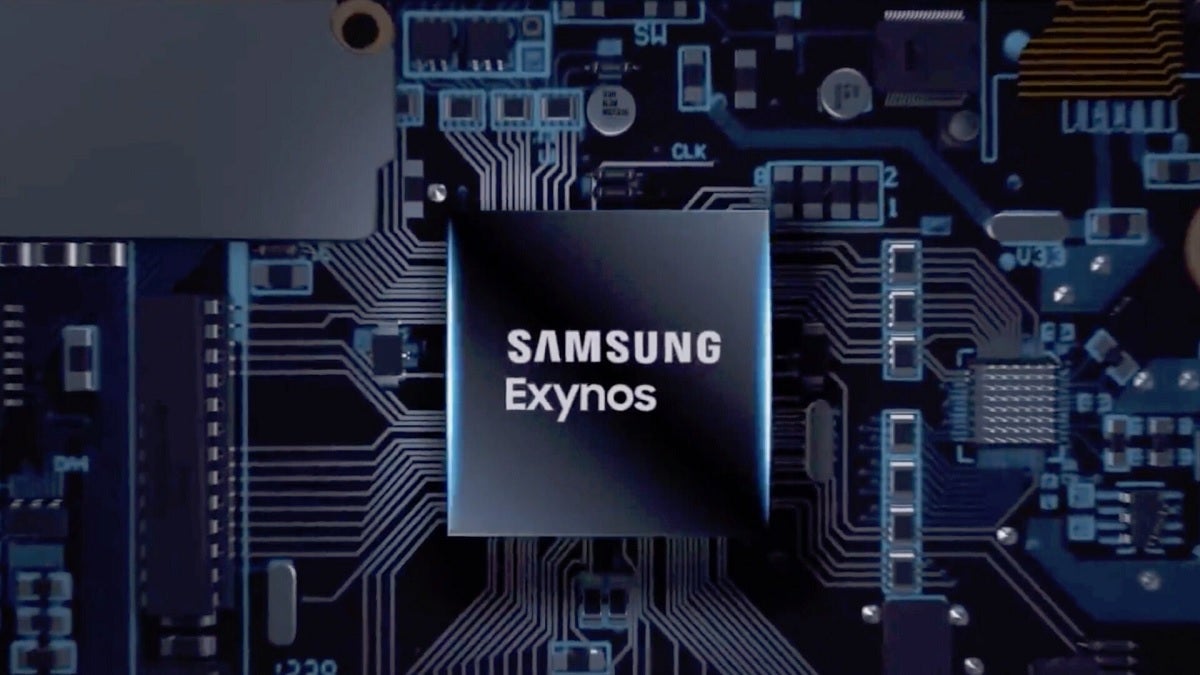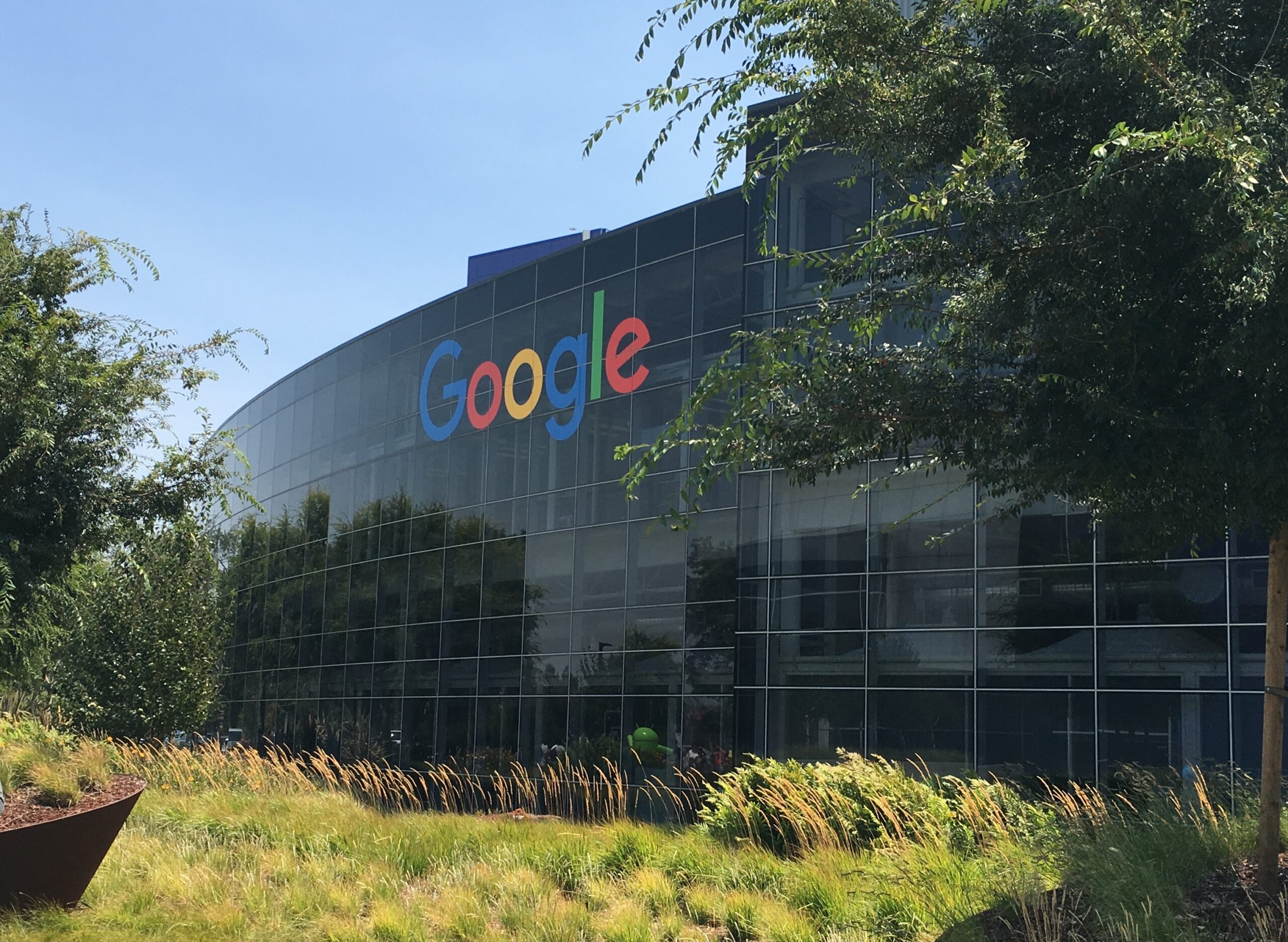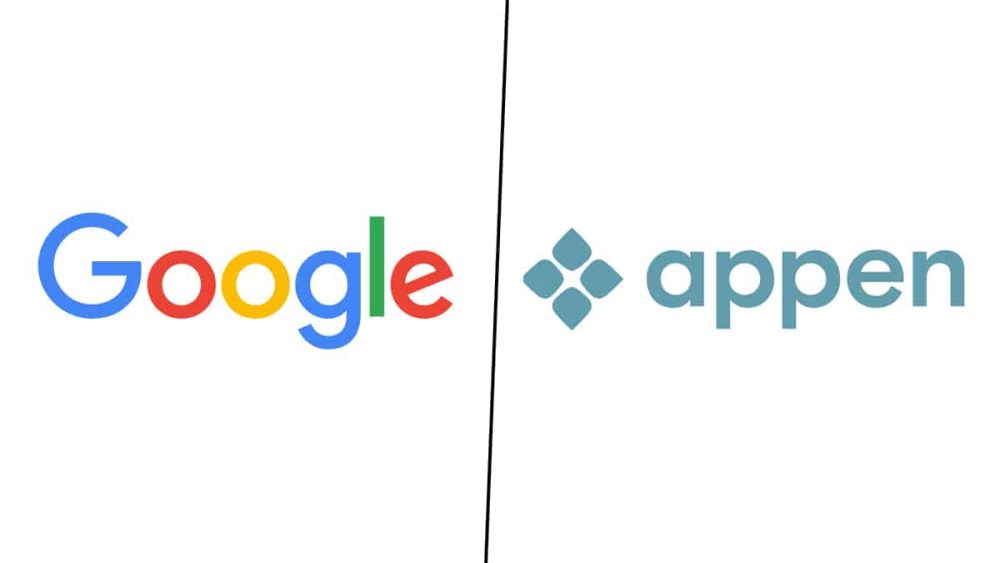After Microsoft and Google’s parent company, Alphabet, reported disappointing quarterly earnings, AI-related companies collectively lost a staggering $190 billion in stock market value, as per Reuters.
Microsoft managed to marginally mitigate the blow with the appeal of its AI services, but its stock still dipped by 0.7 percent during extended trading.
Alphabet suffered a more significant setback, with a 5.6 percent drop attributed to falling short of ad revenue projections. Similarly, despite reporting a solid quarter, AI chip producer AMD also experienced a decline.
Interpreting this news is challenging. The decline could signal investors’ growing apprehension toward tech firms making lofty promises regarding AI, particularly without clear paths to profitability.
Interestingly, Microsoft and Alphabet stocks had soared to record highs amid a year of fervent AI anticipation. Microsoft’s achievement of becoming a $3 trillion company earlier in the month, surpassing Apple, underscored confidence in its intensified focus on technology.
However, this week’s seemingly paradoxical developments suggest potential underlying issues.
Deutsche Bank strategist Jim Reid suggested that the downturn might indicate an overextension of the recent robust rally, as noted by Yahoo Finance. Conversely, other analysts remained optimistic.
Wedbush analyst Dan Ives dismissed the market’s immediate reaction to tech results as mere “noise,” asserting that the AI revolution is underway.
It remains premature to ascertain whether the recent stock value decline reflects investor skepticism toward AI. Are concerns arising from the substantial expenses associated with expanding infrastructure to meet burgeoning demands? Establishing data centers capable of processing data for tools like ChatGPT, integrated into Microsoft’s software, entails not only significant initial investments but also ongoing operational costs.
Ultimately, the question arises: Has Wall Street reached a saturation point with AI? Could this signal an impending burst of a speculative bubble? The answer hinges on whether AI companies can devise viable monetization strategies.





